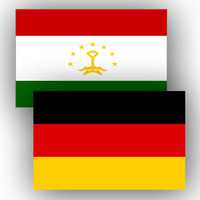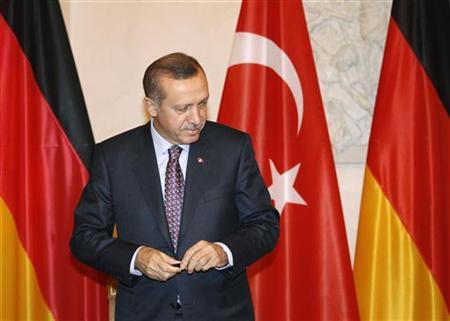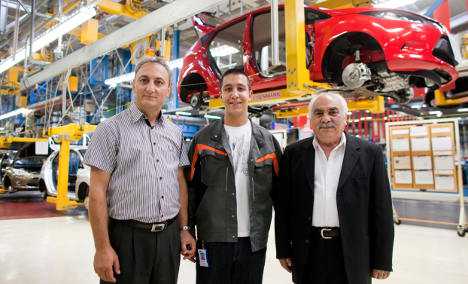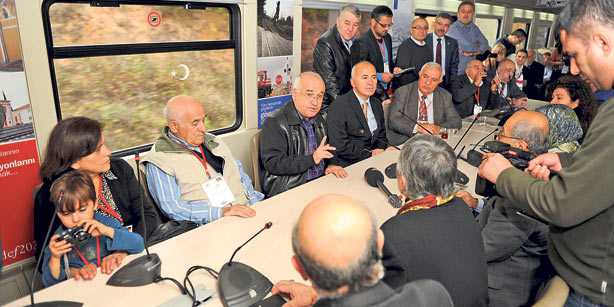Turkey will continue to monitor the problems confronted by Turks in Germany whether or not they acquire citizenship there, the head of the Turkish watchdog agency responsible for expatriates has said.

“We focus on the cultural connection between Turks in Germany and Turkey, and this relationship transcends national citizenship boundaries,” Kemal Yurtnaç, chairman of the Overseas Turks Agency (YTB), newly established under the Prime Ministry, told a group of reporters in Berlin on Wednesday. Speaking on the sidelines of a two-day seminar on the problems Turkish immigrants face in Germany, Yurtnaç said that severing cultural ties would cause more problems in Germany. He stressed that the agency is trying to help German authorities integrate Turks there by introducing a “blue card” program, under which Germans of Turkish origin would still be able to enjoy almost the same privileges as Turkish citizens.
Asked about the uneasiness this is causing on the part of some German politicians, who have accused Turkey of circumventing German law using the blue card program, Yurtnaç said: “This mentality is a manifestation of assimilation policies which we strongly reject. … Just as Germans emigrated to the US a hundred years ago and still continue to have cultural ties with their homeland, we want Turks to maintain a strong cultural bond with Turkey as well. There is nothing wrong with that,” he explained. “If you live in a glass house you shouldn’t throw stones,” Yurtnaç added.
German citizenship law requires Turks to give up their Turkish citizenship if they become German citizens, because Germany does not allow dual citizenship with Turkey. The same rule does not apply to 43 countries with which dual citizenship is allowed. Turkey has accused Germany of discrimination by excluding the 3 million Turks living in Germany from holding dual citizenship. One-third of Turks living in Germany have German citizenship, and only about 200,000 Turks held dual citizenship before the law changed in 2000, making that impossible.
Yurtnaç argued that his agency wants to make sure that Turks living in Germany as well as in 154 other countries are aware of their right to equal opportunity. “We are not in the business of interfering in another country’s affairs. We are helping the German authorities integrate Turks as productive citizens,” he said. Yurtnaç added that the establishment of the agency has already served one of its purposes, i.e., drawing attention to the problems immigrant Turks face. “In the past, these issues were discussed in intergovernmental meetings, but barely made the news. Now they are being discussed out in the open and in the press,” he noted.
Asked to comment on German concerns over the emigration of highly skilled Turks from Germany to Turkey, Yurtnaç said he is aware of the trend. “If Germany has concerns about this issue, they should take measures against it. Possibly these highly talented people do not see their future in Germany. They may feel discriminated against or unable to take advantage of equal opportunities,” he said. “There are many German companies operating in Turkey, and there is high demand for Turkish workers who know both languages and cultures,” he added.
Yurtnaç welcomed Germany’s move to recognize foreign diplomas, but warned that German local authorities should refrain from imposing new barriers even as they implement this decision. “German states and local chambers of commerce would work out the details for the recognition of diplomas. If new preventive measures adopted, this will not work,” he said.
Noting that the YTB is directly responsible to the Prime Ministry, Yurtnaç said this will make the agency more efficient by making it possible to cut through a lot of red tape. “We are flexible in the sense that the agency can easily work with nongovernmental and civic society groups in Germany. We do not want to create a cumbersome bureaucracy, because we are a results-oriented agency,” he said.
via Turkey will monitor problems experienced by Turks in Germany.





